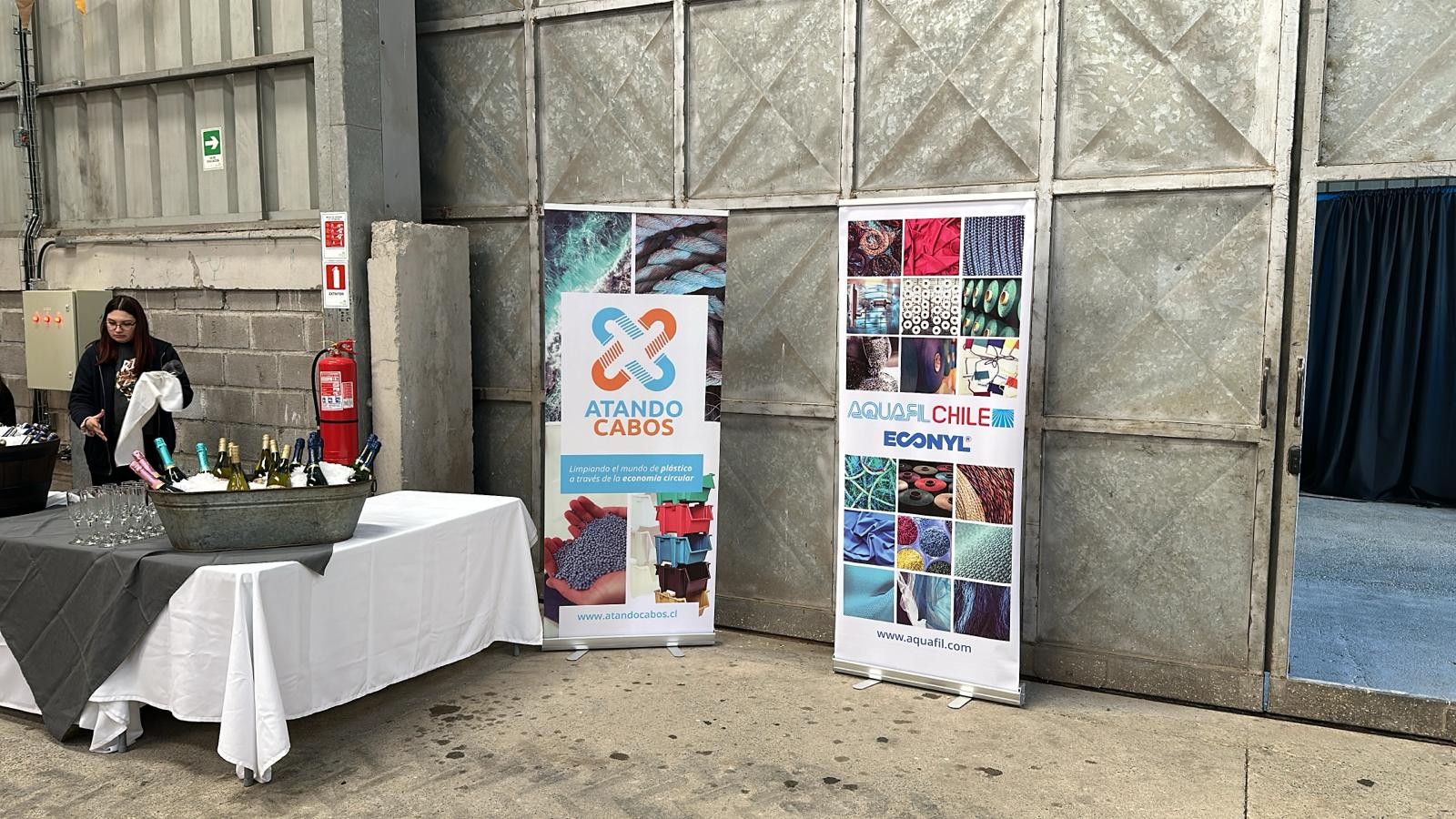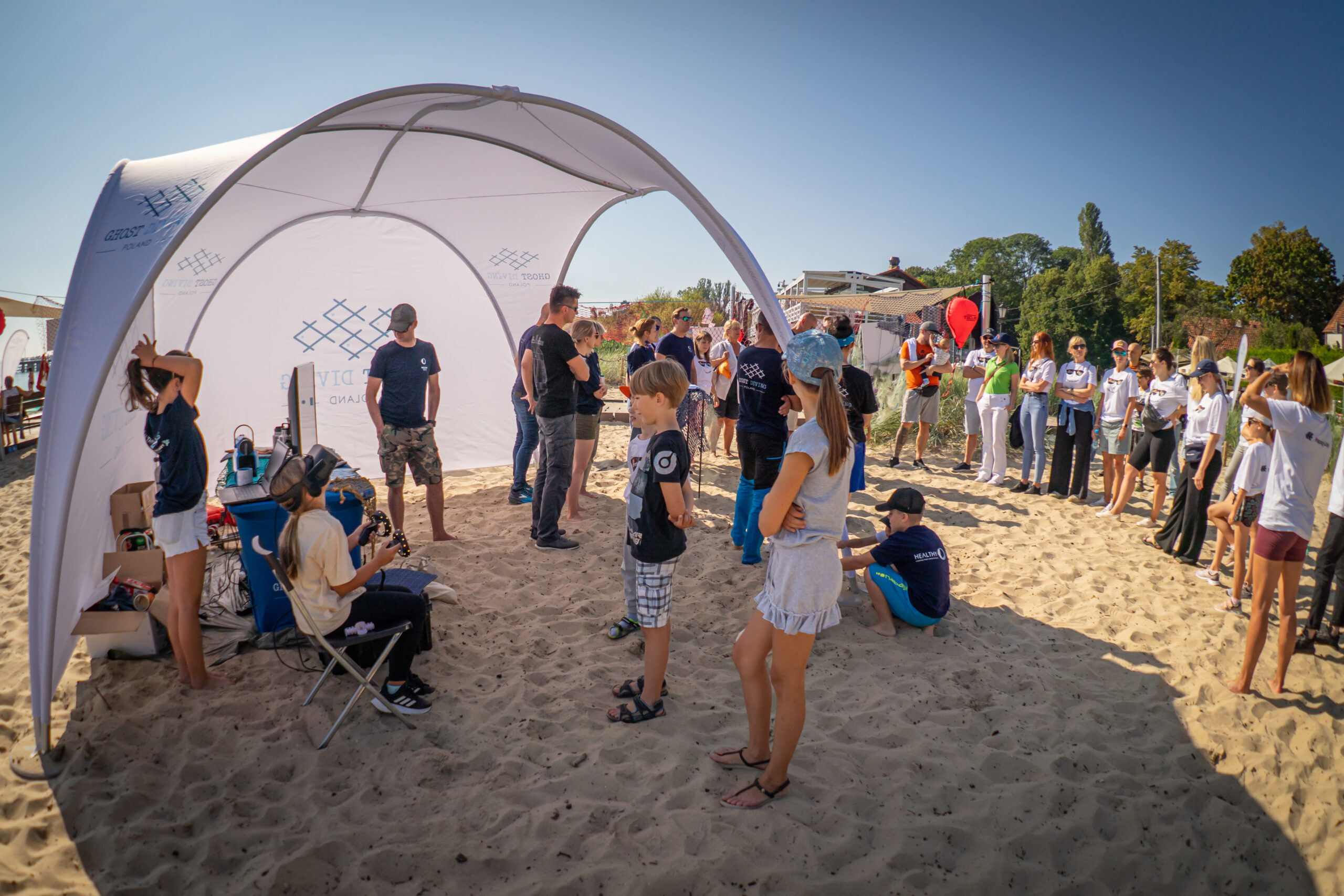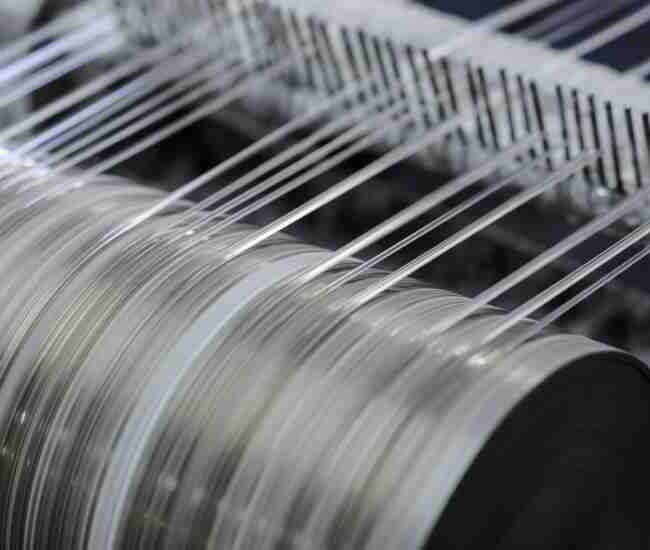November 9, Giulio Bonazzi will take part at Plastic Free World Virtual Summit 2020
Plastic Free World Conference & Expo Europe and Plastic Free World Conference & Expo North America join forces to connect businesses, manufacturers, materials experts, governments, NGO’s, recyclers, and the plastic industry to discuss solutions to help create a world free from plastic waste.
Plastic Free World Virtual Summit 2020 will take place live on November 9-10, and on-demand for 30 days, with over 200 expert speakers and individual presentations, more than 25 panel discussions, a fully interactive exhibition, 5 individual conference tracks, and dedicated networking sessions allowing more people than ever from all over the world to share the latest industry knowledge to help the world tackle the rising issue of waste plastic in the environment.
With ever-evolving regulations on single-use plastics and increasing global urgency to find new solutions that will address the global plastic waste challenge, the event offers the opportunity to connect and exchange the latest innovations on a virtual platform.
In November, 9 Giulio Bonazzi will take part in 2 very important moments of the event:
- at 12 pm (CET), the panel discussion on “Closing-the-loop: Encouraging cooperation throughout the value chain of plastic recovery and recycling”
Plastic waste has become one of the most pressing environmental challenges of our time! We’ve heard enough about the problem, and we’ve seen more than enough plastic waste ending up in our oceans and rivers. Now more than ever, we need cooperation between stakeholders to create workable value chain. In order to overcome hurdles in plastic reduction, Collaboration is the key! If we build up the value chain and companies, governments and people work together, we can pool research materials and begin recycling an industrial amount of plastic waste. - at 5:05 pm (CET), the individual presentation on “Fashion & Textiles: Reducing our environmental impact through textile innovation”
With the steady rise of production, consumption and disposal, we have a responsibility and opportunity to manage and reduce our environmental impact through textile innovation. By completely rethinking systems, we can recover waste from various sources on our planet, and reprocess it into new materials of greater value that have the potential to be regenerated again and again, without losing quality – effectively achieving a circular economy. This presentation will explore how letting go of the status quo and rethinking systems can enable us to innovate without restriction, and what the future holds for the textile industry.




